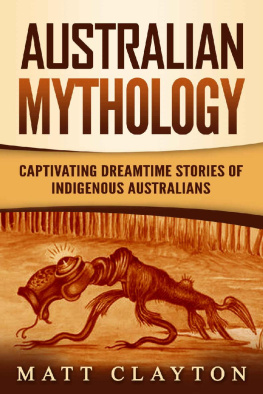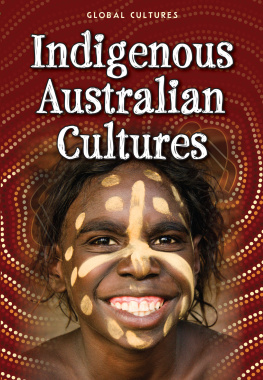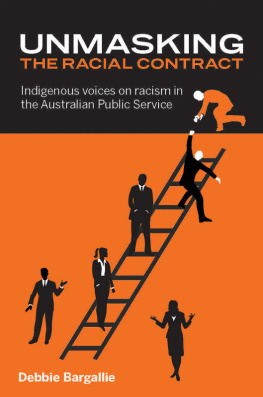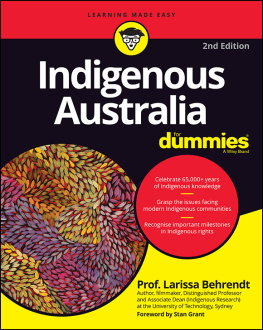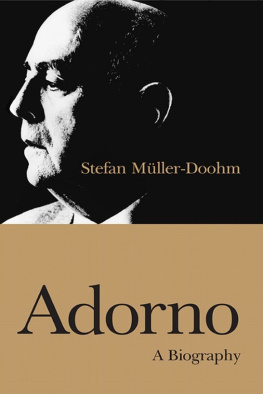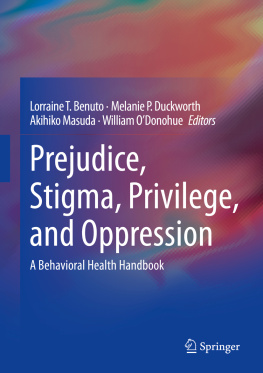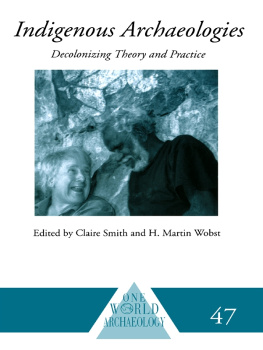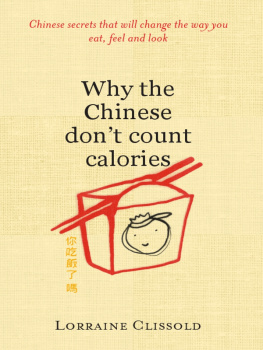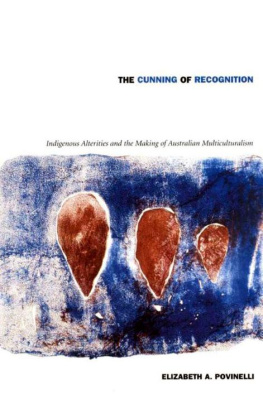First published 2014 by Allen & Unwin
Published 2020 by Routledge
2 Park Square, Milton Park, Abingdon, Oxon OX14 4RN
605 Third Avenue, New York, NY 10017
Routledge is an imprint of the Taylor & Francis Group, an informa business
Copyright Lorraine Muller 2014
All rights reserved. No part of this book may be reprinted or reproduced or utilised in any form or by any electronic, mechanical, or other means, now known or hereafter invented, including photocopying and recording, or in any information storage or retrieval system, without permission in writing from the publishers.
Notice:
Product or corporate names may be trademarks or registered trademarks, and are used only for identification and explanation without intent to infringe.
Cataloguing-in-Publication details are available
from the National Library of Australia
www.trove.nla.gov.au
Internal text design by Alissa Dinallo
Typeset in 11/16pt Minion by Post Pre-press Group, Australia
ISBN-13: 9781743317198 (pbk)
I was deeply honoured and humbled when invited to write the fore-word for Lorraine Mullers book, A Theory for Indigenous Australian Health and Human Service Work. At a time when the development of a more astute interactional framework around the engagement of non-Indigenous professionals with Aboriginal and Torres Strait Islander Australians is generating a lot of interest, this book provides a much overdue and timely response.
Lorraine Muller utilises her cultural and professional experiences to provide the reader with an analysis and articulation of issues that impact upon Indigenous Australians within the context of Australias health and human services. From the outset, the author fills the reader with a sense of enquiry as she cleverly adopts both a professional and cultural lens to explore an ideological and theoretical overview of social science and social work, which she aptly names social health. This analysis provides a unique challenge to stereotypic meanderings often expressed about Indigenous Australians in the workplace and puts paid to archaic notions of Indigenous contributions to the Australian social, economic and political landscape.
The author takes the reader on a personal and intellectual journey of confrontation, cultural ignorance and reform as she reveals her own experiences within the academy when confronted by non-Indigenous supervisors who were, too often, culturally inept. In highlighting this anomaly Muller states that While it was recognised that Indigenous Australians have a different way of working, as documented in Murri Way!, a different way of working is often relegated by non-Indigenous supervisors, co-workers or employers to a welfare context in the workplace, creating for the Indigenous worker a whole scenario of stereotypes to contend with.
At a point when closing the gap on Indigenous poverty has been embraced as a national policy by all levels of government, the need for a more concise and culturally apt assessment of social policy practices and processes for Indigenous Australians is urgently required. Mullers work provides a critical framework that will stand as an influential guide for governments, child protection and allied professions in health, education, social justice and human rights, whose mandate is to develop and deliver social policy and services for Indigenous Australians.
The author has provided a review of historical and contemporary sources pertinent to child protection, the progression of self-determination and the development of social policy for Indigenous Australians. This presents for the reader a comprehensive framework around extremely controversial and culturally sensitive social and political issues, which have emerged in the wake of the Northern Territory Intervention and welfare reform. This book provides an opportunity for a new dialogue to take place around the development and implementation of social policy and service delivery regarding Indigenous Australians.
I consider this book to be unique in a number of ways. Most importantly, its uniqueness rests in the ability of the author to transcend the inability of many Indigenous Australians to articulate their experiences within the workplace or within education systems for fear of being labelled antagonistic or stereotyped. Muller has provided an uncompromising account of her personal and professional experiences of racism, segregation and isolation as a student and, subsequently, in the workplace. I believe her courage will prove to be enlightening to many readers, especially those committed to progressing the rights of Indigenous Australians and those who seek more proactive ways in which to understand and address the ongoing disadvantage of Indigenous communities.
While the book profiles the personal and professional journey of the author within a social work and human service framework, the issues raised will strike at the heart of many Indigenous and non-Indigenous Australians interested in social justice and the principles of social inclusion, cultural respect and professional competency when working with Indigenous communities. Throughout the text the author skilfully and sensitively discusses the issue of Indigenous resilience and determination, and profiles the scholarship of Indigenous knowledge and philosophical world views, enunciating the critical role that these play in addressing the wellbeing and self-determination of Indigenous Australians.
Muller discusses issues of spirituality, tradition, culture, obligation and reciprocity from her own cultural perspective within a Western professional environment. She provides a crucial insight into these areas with dignity and respect for her own Indigenous heritage and for the non-Indigenous reader, who may seek to be enlightened on such issues.
This book will prove to be a powerful educational tool and work-place resource. The authors use of critical discourse as a means of analysing and understanding the interaction and cultural nuances between Indigenous and non-Indigenous players within her field of study provides a new understanding of issues that for many Indigenous Australians has become an ongoing and serious matter of concern.
Anyone interested in human rights, social interaction and the development of social policy and practices that are symbolic of the true needs of Indigenous Australians will gain immense insight from reading this book. For many, reading this book may be cathartic, for others it may be confronting, but for all readers it will present a compelling inside account of what it is like to be an Indigenous Australian within the workplace, as a recipient of services or within society in general.
Professor Boni Robertson PhD
Director, Office of Indigenous Community Engagement, Policy and Partnerships



